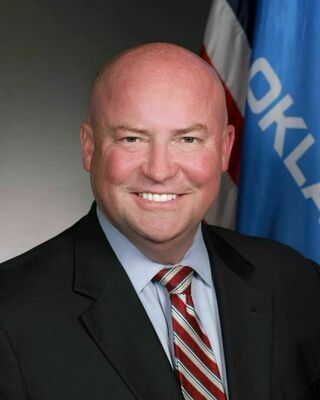Bringing change to government requires the right knowledge

Our Founding Fathers made sure government would serve the people by guaranteeing the right of citizen involvement with the First Amendment’s protections in the United States Constitution. The amendment reads as follows:
“Congress shall make no law respecting an establishment of religion, or prohibiting the free exercise thereof; or abridging the freedom of speech, or of the press; or the right of the people peaceably to assemble, and to petition the Government for a redress of grievances.”
Activism has many different levels. We have watched it unfold on television over the past several months, from polar opposite sides of the political spectrum. The core principle for people to peacefully gather together to express their feelings about changes to systems, along with the ability to petition their government through various means, is a core tenet of democracy.
Unfortunately, as we witnessed over the past year and last week, acts of violence, destruction of property, and in some cases, the deaths of Americans has resulted from some of these protests. The time since has generated increased anxiety and hostility, leading many Americans to wonder how it could possibly get worse.
I’ve learned to not ask that question because the universe – and social media – often find ways to make it worse by spreading anger and incorrect information.
As a college student, I studied political science as my degree in undergraduate work and public administration through the Master’s classes that I took. These lessons taught me that public servants are elected to oversee programs providing specific services and bring about policy changes through the government. By better understanding the process, activists and advocates – as well as ordinary citizens – can effectively call on the best approach for the level of government being lobbied by these citizens.
Advocates should understand the framework of our government so they can provide information for policymakers to do their jobs better. We also must listen to others’ positions and when we disagree, do so agreeably and encourage the changes the majority agrees are in the best interests of the people based upon fact.
Today, I am inviting you to be a part of something that will help Oklahomans better understand how to encourage change through our democratic system. I ask you to join the Oklahoma Institute for Child Advocacy for our brand-new Legislative Learning Lab, happening in just two short weeks.
Over this four-day virtual conference on Zoom, you and advocates from across Oklahoma will learn about the state legislative process and how you can be an effective voice to encourage better policies through peaceful means with the rights guaranteed by the Constitution. This will be the “instruction manual for democracy” that will benefit us all.
The Legislative Learning Lab will be held Wednesday, January 27 through Friday, January 29 from 9 a.m. to noon each day. The LLL will conclude on Monday, February 1 – the first day of the Oklahoma Legislature’s 2021 session – from 9:45 a.m. until approximately 2:30 p.m.
You can find a detailed agenda and the link to purchase tickets at www.oica.org or on our Facebook page (we are doing our part in using social media for good). I hope you will join us for this important event to kick off the 2021 legislative session in Oklahoma, using knowledge and the freedoms guaranteed by the U.S. Constitution. Together we will create better policies and effective programs to serve our state and its children.
About OICA: The Oklahoma Institute for Child Advocacy was established in 1983 by a group of citizens seeking to create a strong advocacy network that would provide a voice for the needs of children and youth in Oklahoma, particularly those in the state’s care and those growing up amid poverty, violence, abuse and neglect, disparities, or other situations that put their lives and future at risk. Our mission statement: “Creating awareness, taking action and changing policy to improve the health, safety, and well-being of Oklahoma’s children.”
Please support The Comanche Times by subscribing today!
You may also like:








